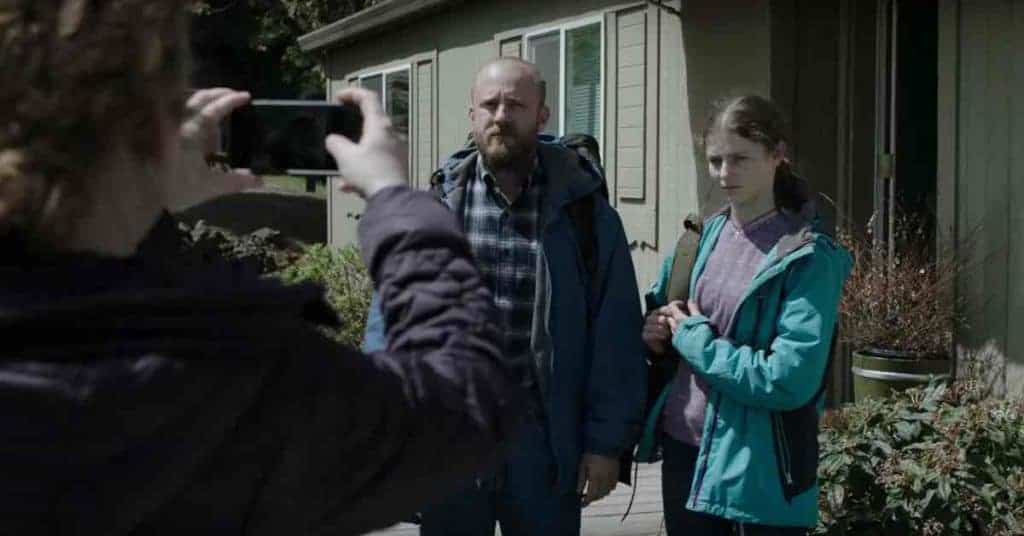Debra Granik’s films — Down to the Bone, Stray Dog, and Leave No Trace — focus on individuals who struggle to navigate an unfriendly social support system in an attempt to get help. This is the fourth piece in our Special Issue on Debra Granik’s Leave No Trace, which is now available as an ebook.

Director Debra Granik’s entire career has been about questioning conventional images of American white poverty. “The White Working Class” has been an American national obsession since the 2016 presidential election, with numerous articles and books dedicated to diagnosing and explaining this group to the imagined “norm” of upper-middle class Americans. White working class people are often treated as polarized archetypes: they’re either mythologized as the heart and soul of America or demonized as the unintelligent and bigoted, responsible for the nation’s ills. Granik avoids such stark characterisation and offers a more patient and detailed look at this particular demographic. Instead of attempting to create empathy for these characters by emphasising the horror of their situation and preaching to the audience, Granik makes us feel for them by involving us in the full, complex dimension of their experience.
Director Debra Granik's entire career has been about questioning conventional images of American white poverty.Click To TweetGranik’s films range widely, but they all share alienated protagonists who are barely hanging on, lack social support, and often, suffer from post-war trauma. These deeply flawed characters are nevertheless trying their hardest to be kind. Though Granik is primarily known for her Academy Award Best Picture nominee Winter’s Bone (2010), that film sacrifices some empathy for genre film tropes. Actor Ben Foster cites her lesser-known films — Down to the Bone (2004) and the documentary Stray Dog (2014) — as key to signing on to her latest project, Leave No Trace, which picks up where these two more underseen films leave off. Down to the Bone, Stray Dog, and Leave No Trace all focus on individuals who struggle to navigate an unfriendly social support system in an attempt to get help. These systems, however, may be indifferent or outright hostile, as can the communities around Granik’s protagonists.
Want to read the rest of the article?
Get the Leave No Trace ebook
Relive the highs and lows of Debra Granik’s remarkable coming-of-age story and discover how the filmmakers brought it to life.

